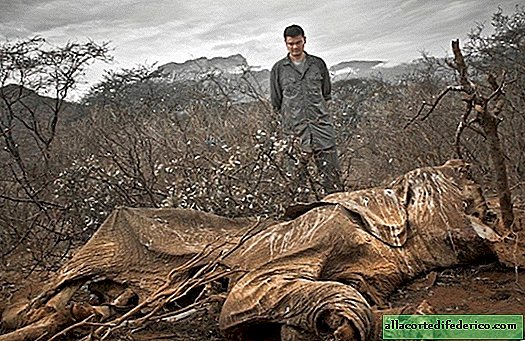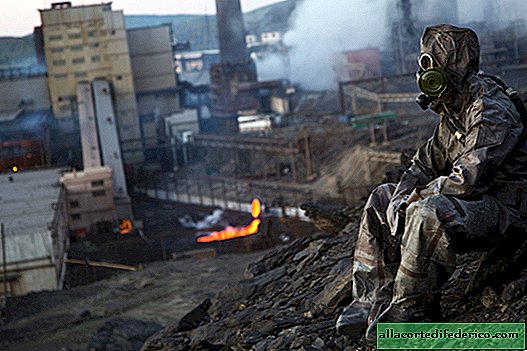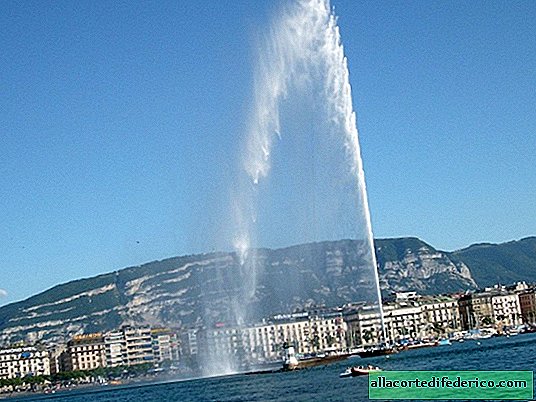Psychologists have found that during the heat people become less responsive
Many people look forward to the summer every year, but few really love the heat. In hot weather, you want to lie in the shade and move to a minimum. Especially if you need to move for the sake of someone else. Recently, psychologists have scientifically proven that with increasing temperature people are less likely to help others than in normal conditions.
"Can I help you?"
The first experiment was carried out in 2010 and 2011 in Moscow. Summer 2010 was unbearably hot for the capital: the average temperature in the afternoon in August reached 38 degrees, which exceeded the norm by 14 points. Such warming broke the millennium record and aroused the interest of psychologists.

Experimental rabbits were employees of a network of Moscow stores. With the help of “mystery shoppers,” the researchers found out that during the heat, sales consultants were less likely to help shoppers. Although, in general, all technical functions were performed at the proper level. The problem arose only in social communications.
Even remember sickeningly
At the next stage of the study, psychologists found that even the memory of the heat makes a person waste emotional energy, and it is not enough for other people. To check this, 160 Internet users were divided into two groups and asked one of them to recall their feelings during a strong overheating of the body in the heat. The second task was not so stressful.

After that, all participants in the experiment were offered to take another survey for free. More than half of those who recalled the heat refused. But three quarters of those who had been in more pleasant memories passed another test without problems.
Warmer, warmer
At the end of the study, scientists tested how relatively small temperature fluctuations affect people's responsiveness. This time the experiment was conducted on students: they were divided into two classrooms, in one of which the air temperature was 26.7 ° C, and in the other - only 20.6 ° C.

Students were asked to fill out a written questionnaire of 150 questions, important for the activities of a social organization that helps children and adults in difficult life situations. As expected, in the audience with a higher temperature there were fewer young people who were ready to spend their time even for such a good purpose. Psychologists emphasize that less responsiveness of people with increasing temperature is not due to the fact that there are more negative emotions. It’s just becoming less positive. It is as if a person has to spend all his positive on fighting heat, and after that he is exhausted for something else.

















